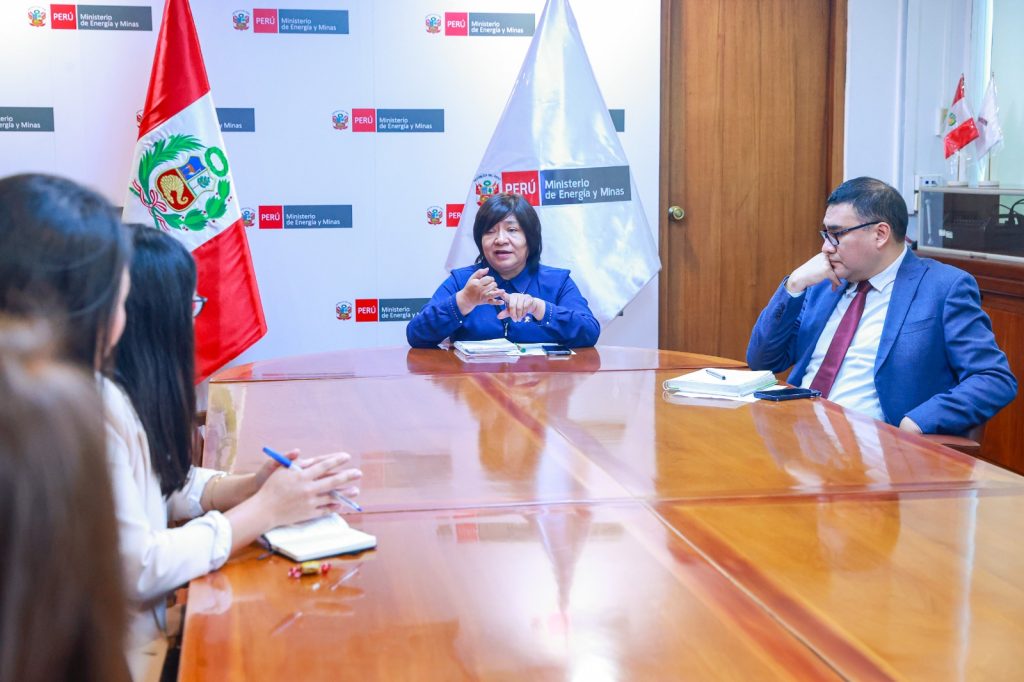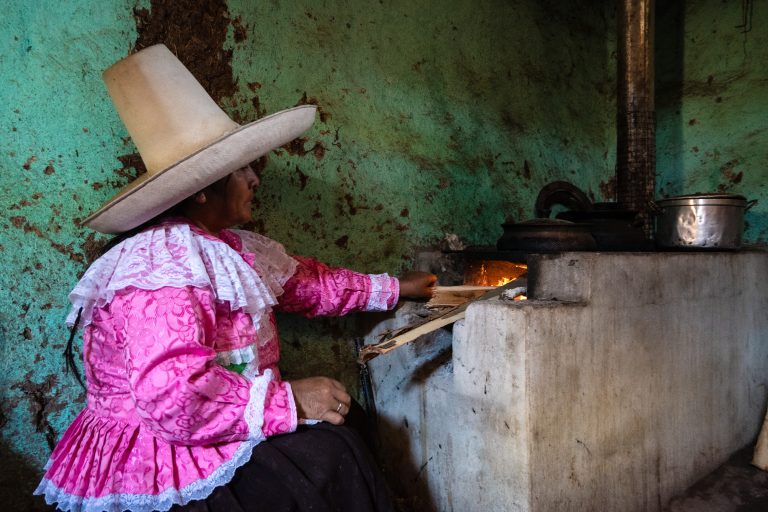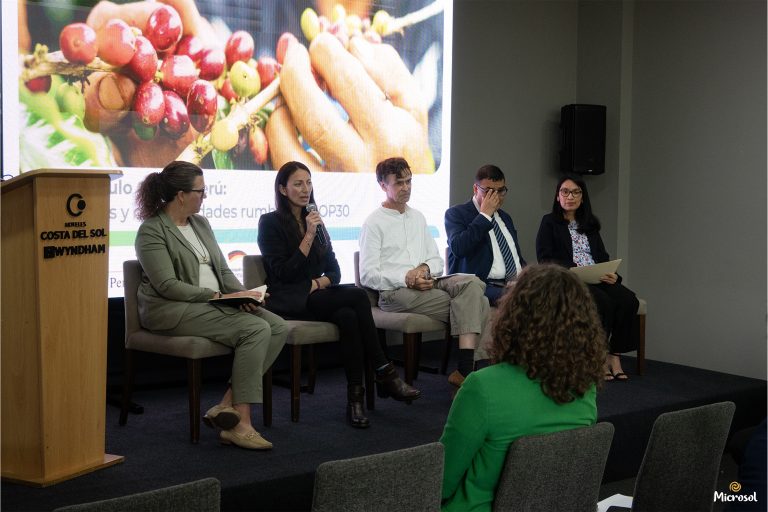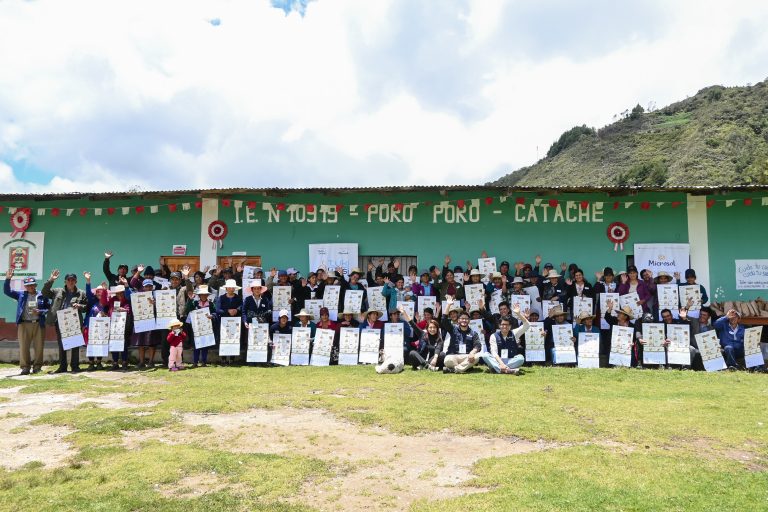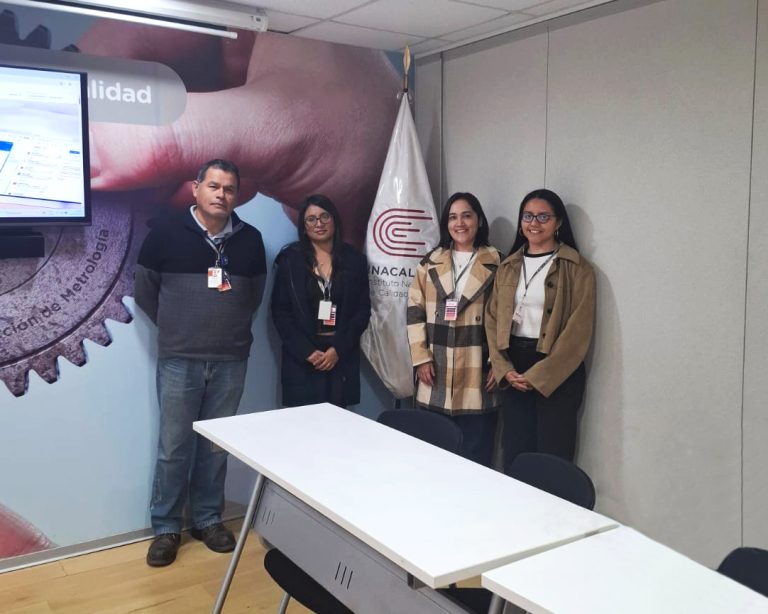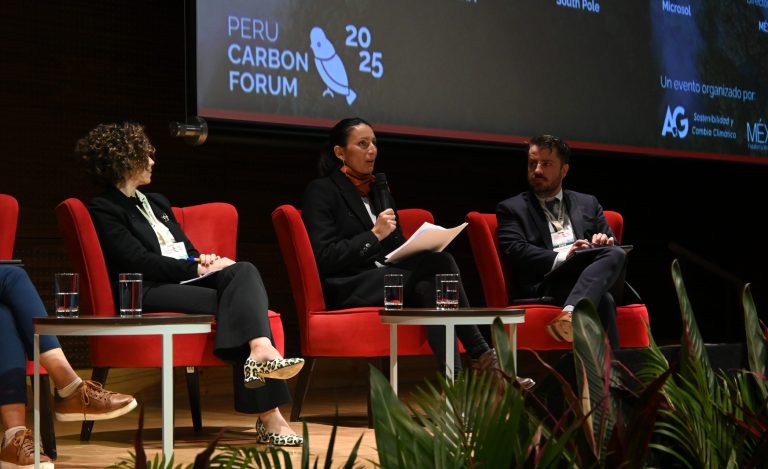Representatives of both organizations discussed the role of improved cookstoves to mitigate environmental impact and reduce health risks.
On Monday, July 14, 2025, the Peruvian Ministry of Energy and Mines and our organization met at the ministerial offices to discuss Microsol's experience and the importance of strengthening the National Program for Improved Cookstoves, with the aim of mitigating climate change and addressing the problem of children's health, especially in rural areas of the country.
Microsol shared its pioneering trajectory in the management of improved cookstove programs in Latin America (Peru, Guatemala, Honduras and Mexico), both in the voluntary and regulated market, and the environmental and social milestones that have been achieved throughout the 17 years of performance in the sector. In addition, the benefits that the implementation of improved cookstoves has generated in families using the programs from the first day of use were explained.
As a key point, it was also emphasized the importance of strengthening the National Program for Improved Cookstoves through a comprehensive and coordinated strategy between the public and private sectors to enrich the processes and knowledge on methodologies and standards to maximize the environmental impact and achieve measurable and scalable results that benefit vulnerable families.
In high Andean areas of Peru, where there is no access to sustainable energy sources, improved cookstoves represent an efficient, sustainable and easily adopted solution to combat energy poverty and child health problems, such as acute respiratory infections (ARI), while reducing the emission of Greenhouse Gases produced by the consumption of firewood for cooking or heating homes.
Likewise, improved cookstoves also play an important role in the fight against anemia and child malnutrition, as they contribute to improve eating habits thanks to their energy efficiency and smoke evacuation system, providing families with spaces free of polluting gases to prepare nutritious and varied food.

The meeting was attended by the Vice Minister of Hydrocarbons and Electricity, Iris Marleni Cárdenas Pino, and the general director of the General Directorate of Energy Efficiency, José Neil Meza Segura. For its part, the Microsol team was led by its general manager Yanna Gruel, accompanied by the commercial and communications coordinator, Angelit Meza; also present was Pamela Castro, coordinator of ITMO Programs and representative of Ruru Tarpuy, an association that, in collaboration with Microsol, manages the Tuki Wasi Program, the first program of improved cookstoves in the country to be implemented within the framework of Article 6.2 of the Paris Agreement.
